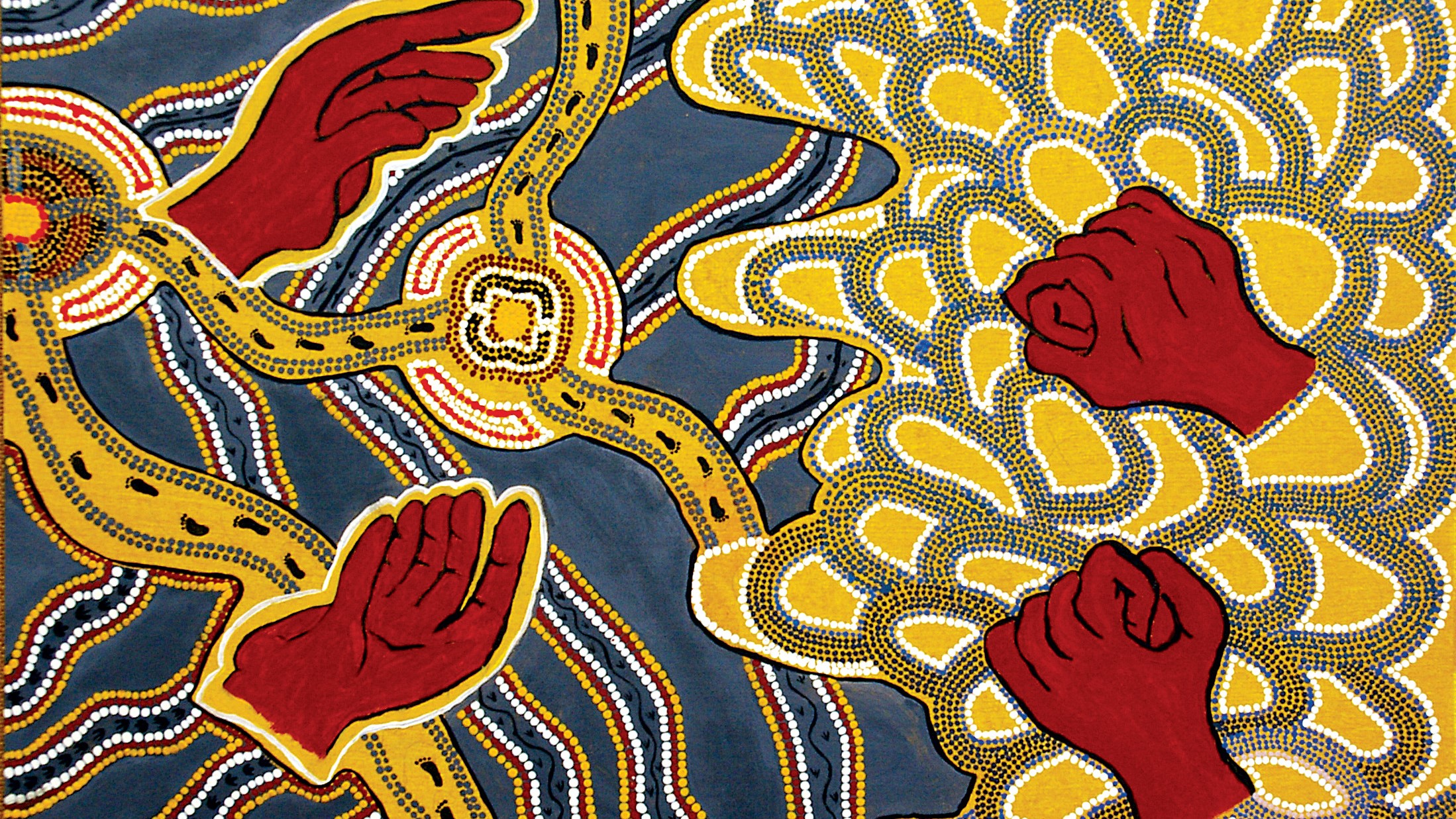Presentation Type
Presentation
Location
The University of Notre Dame Australia, Broome Campus
Start Date
13-11-2019 12:30 PM
Description
Environmental NGO’s (ENGOs) are increasingly seeking to work with Indigenous groups across Canada. This follows roughly three decades of successful land claims, the establishment of new Indigenous governments, such as Nunatsiavut in Labrador, and greater recognition of First Nation groups following legal action to assert treaty rights. ENGOs are keen to work with these Indigenous entities to push for improved environmental management and responses to climate change, and in some cases, promote political action. The Government of Canada has also recently established an Indigenous Protected Conservation Areas (IPCA) program modelled on Australia’s Indigenous Protected Areas. The presentation discusses challenges arising in the development of Oceans North’s Indigenous Engagement Strategy for First Nations groups in Atlantic Canada, and reflects on Oceans North’s work to promote IPCAs as part of Imappivut, a plan to manage and protect Inuit interests in the coastal and marine areas of Nunatsiavut, Labrador.
Recommended Citation
Kruse, William (Bill), "The Role of Environmental NGOs in Indigenous Land and Sea Management in Atlantic Canada and Nunatsiavut. Reflections on a three month exchange with Oceans North in Halifax, Canada’" (2019). Talking Heads Seminar Series. 11.
https://researchonline.nd.edu.au/nulungu_talkingheads/2019/schedule/11
The Role of Environmental NGOs in Indigenous Land and Sea Management in Atlantic Canada and Nunatsiavut. Reflections on a three month exchange with Oceans North in Halifax, Canada’
The University of Notre Dame Australia, Broome Campus
Environmental NGO’s (ENGOs) are increasingly seeking to work with Indigenous groups across Canada. This follows roughly three decades of successful land claims, the establishment of new Indigenous governments, such as Nunatsiavut in Labrador, and greater recognition of First Nation groups following legal action to assert treaty rights. ENGOs are keen to work with these Indigenous entities to push for improved environmental management and responses to climate change, and in some cases, promote political action. The Government of Canada has also recently established an Indigenous Protected Conservation Areas (IPCA) program modelled on Australia’s Indigenous Protected Areas. The presentation discusses challenges arising in the development of Oceans North’s Indigenous Engagement Strategy for First Nations groups in Atlantic Canada, and reflects on Oceans North’s work to promote IPCAs as part of Imappivut, a plan to manage and protect Inuit interests in the coastal and marine areas of Nunatsiavut, Labrador.





